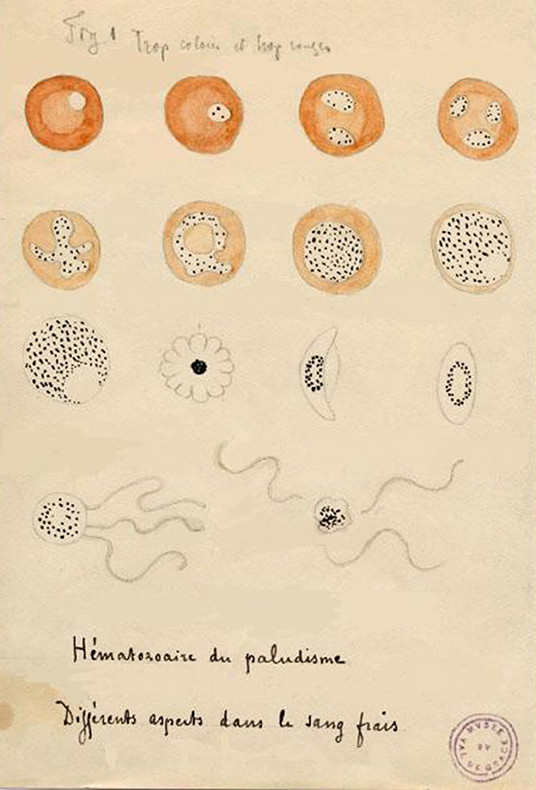THE ANNIVERSARY
By:
November 18, 2023
A series dedicated to poems, published c. 1900–1935, the Radium Age sf-adjacent themes of which include: dystopia and utopia, far-out mathematics and the fourth dimension, Afro-futurism, catastrophe, future war, new technologies, scientific breakthrough, dehumanization, cosmic awe, disenchantment and unseen forces, unknowable aliens and singularity. Research and selection by Joshua Glenn; thematic index here.

(20th August, 1917)
Now twenty years ago
This day we found the thing;
With science and with skill
We found; then came the sting –
What we with endless labour won
The thick world scorned:
Not worth a word to-day —
Not worth remembering.
O Gorgeous Gardens, Lands
Of beauty where the Sun
His lordly raiment trails
All day with light enspun,
We found the death that lurk’d beneath
Your purple leaves,
We found your secret foe,
The million-murdering one;
And clapp’d our hands and thought
Your teeming width would ring
With that great victory — more
Than battling hosts can bring.
Ah, well — men laugh’d. The years have pass’d;
The world is cold —
Some million lives a year,
Not worth remembering!
Ascended from below
Men still remain too small;
With belly-wisdom big
They fight and bite and bawl,
These larval angels! — but when true
Achievement comes — trifling doctor’s matter —
No consequence at all!
— In 1892, Ronald Ross, a doctor in England’s Indian Medical Service, became interested in malaria. Despite having originally doubted the parasites’ existence, he became an enthusiastic convert to the belief that malaria parasites were in the bloodstream when this was demonstrated to him by Patrick Manson, a pioneer in tropical medicine. In 1897, he made his landmark discovery — demonstrating the role of Anopheles mosquitoes in the transmission of malaria parasites in humans. He went on to investigate and devise anti-malaria schemes in West Africa; and he’d write extensively on malaria — including his 1911 book The Prevention of Malaria. This poem, written twenty years after Ross’s discovery, laments how the world has forgotten the importance of his discovery and the lives it has saved since.
RADIUM AGE PROTO-SF POETRY: Stephen Spender’s THE PYLONS | George Sterling’s THE TESTIMONY OF THE SUNS | Archibald MacLeish’s EINSTEIN | Thomas Thornely’s THE ATOM | C.S. Lewis’s DYMER | Stephen Vincent Benét’s METROPOLITAN NIGHTMARE | Robert Frost’s FIRE AND ICE | Aldous Huxley’s FIFTH PHILOSOPHER’S SONG | Sara Teasdale’s “THERE WILL COME SOFT RAINS” | Edith Södergran’s ON FOOT I HAD TO… | Robert Graves’s WELSH INCIDENT | Nancy Cunard’s ZEPPELINS | D.H. Lawrence’s WELLSIAN FUTURES | & many more.
